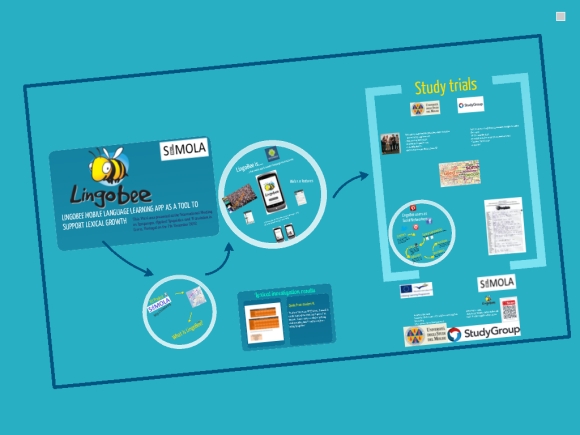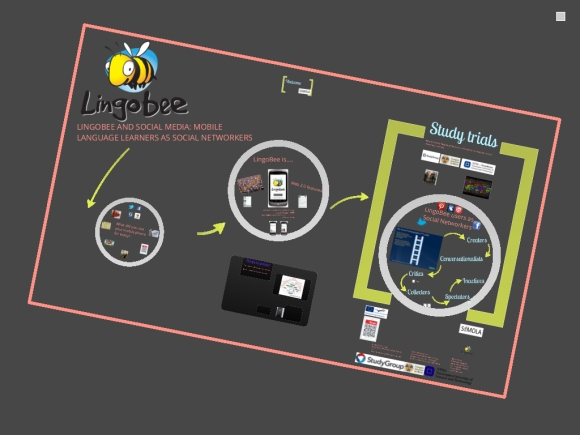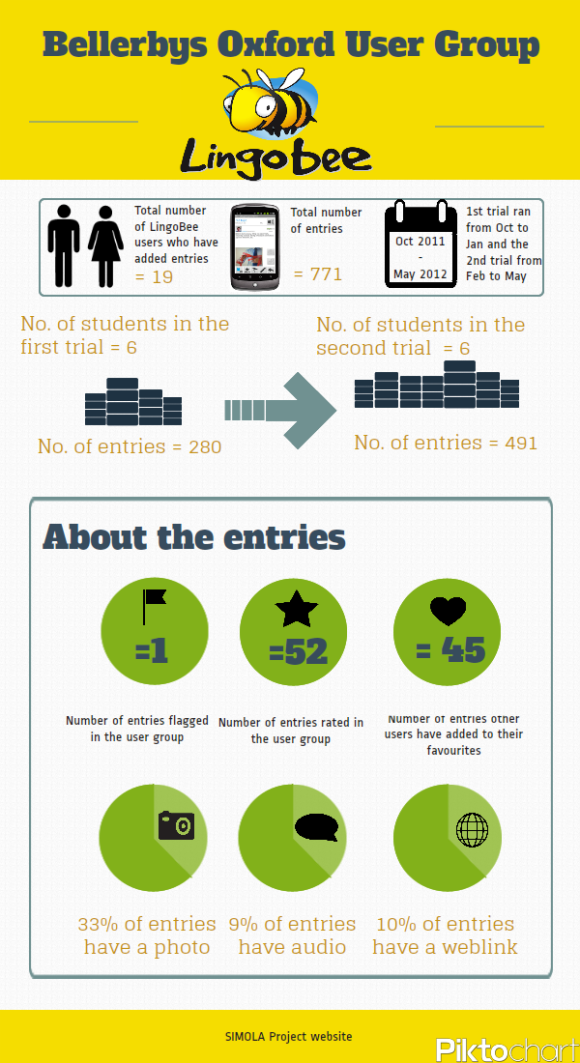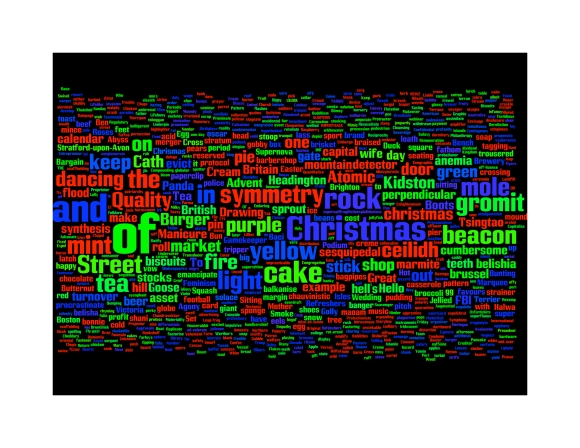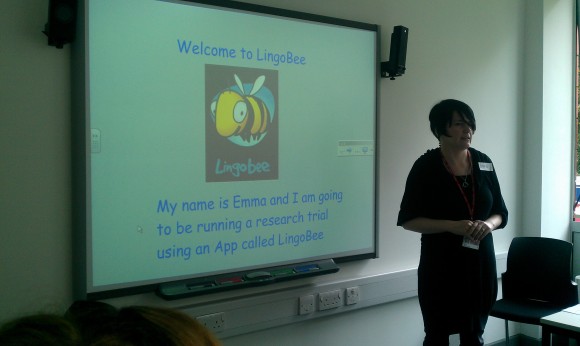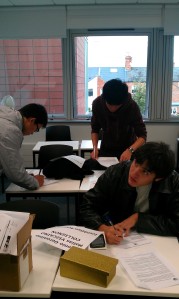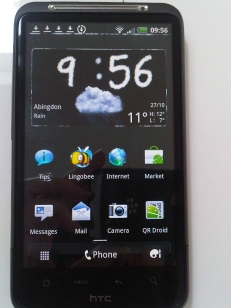Examples from the Lingobee repository were presented at the Mobile Learning and Creativity workshop at the European Conference on Technology Enhanced Learning (EC-TEL2012). One of the aims of the workshop is how can we design Mobile Learning to foster creativity? It is interesting to find a lot of creativity among the entries in the Lingobee repository from the different user groups – the use of graphics, photos and the collaborative descriptions of a word or phrase by several learners.

The presentation was well received by the workshop participants. In particular, the audience found the domain of language learning very relevant and a natural area for Mobile Learning. One workshop participant commented “isn’t learning everything about language learning?”
The audience also liked the concept of our “LingoBee moments”, the spontaneity or acting on the spur of the moment that is facilitated by Lingobee and Mobile Learning. A few presenters talked about “serendipity” in learning which is strongly linked to the learning supported by Lingobee. This obvious advantage of Mobile Learning is no doubt one that fosters creativity. In addition, the collaborative co-construction of knowledge, often spurred by an everyday activity, leads to creative descriptions of words and expressions as well as creative use of language. The preparation of this presentation raised the following questions that are relevant for further research in this area: 1) What is creativity in language learning? ii) Does “social, connected activity” lead to creativity in language learning? ii) How does mobile language learning foster or hinder creativity?
The presentation was done using the Pecha Kucha format which required some creativity! The paper title “Creativity and Mobile Language Learning” was authored by Sobah A. Petersen, Emma Procter-Legg, Annamaria Cacchione, Mikhail Forminykh and Monica Divitini, as a joint activity between SIMOLA and CoCreat (another LLP project). The paper was presented by Sobah.

